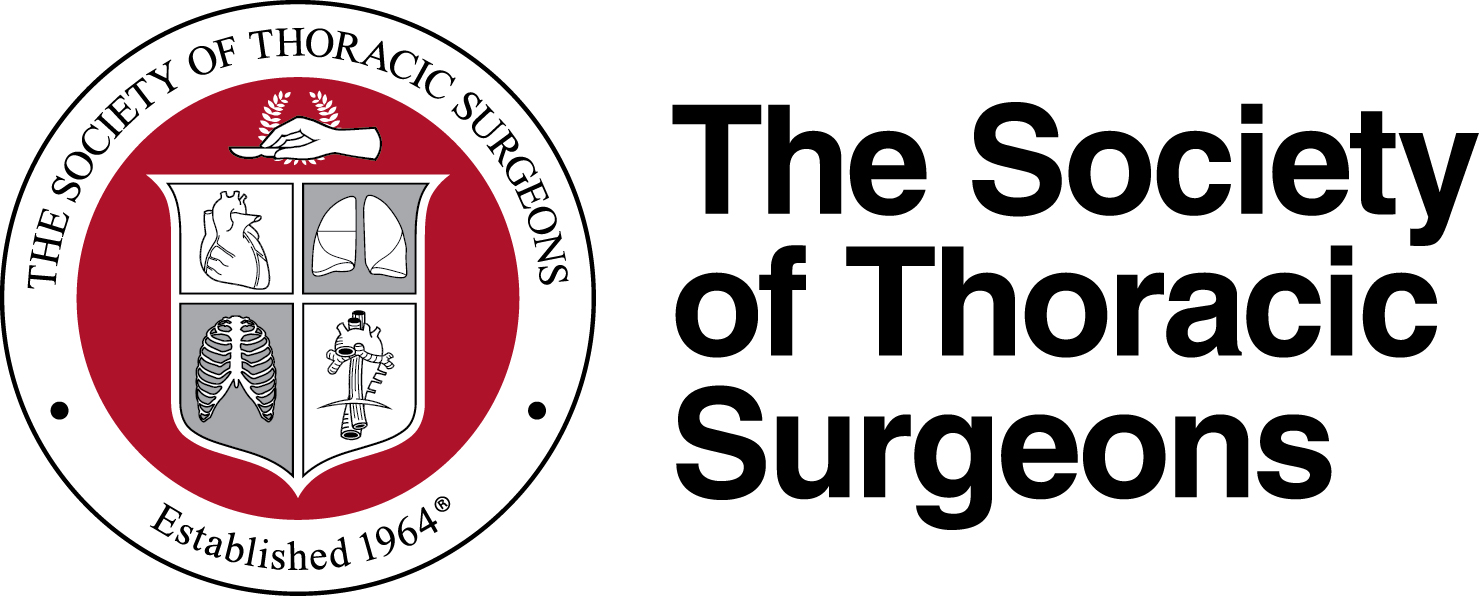Newswise — Chicago – Researchers have created a new heart valve that combines a patient’s own cells with metal alloy for a more durable replacement with potentially fewer complications, according to an article in the June 2015 issue of The Annals of Thoracic Surgery.
S. Hamed Alavi, PhD, and Arash Kheradvar, MD, PhD, from the University of California in Irvine, developed the potentially revolutionary hybrid tissue-engineered heart valve.
Current valve replacement options are limited to those made solely from manufactured products (mechanical valves) or animal tissue (bioprosthetic valves). Mechanical heart valves tend to last longer than bioprosthetic valves, but they carry a greater long-term risk for blood clots that may lead to stroke and arterial thrombosis (clotting in the arteries), as well as bleeding from anticoagulant medications designed to prevent thrombosis.
“Bioprosthetic valve replacements, on the other hand, are prone to limited durability, which means patients may need a reoperation usually 10 to 15 years after implantation,” said Dr. Alavi.
Traditionally, tissue-engineered valves are built on a scaffold that will degrade once the tissue is more mature. Once the scaffold has degraded, however, the valve leaflets often shrink, which can cause leaks and result in valve failure.
“For our research, we decided to use a non-degradable scaffold that stays within the valve to provide the support it needs without interfering with its normal function,” said Prof. Kheradvar. “The valve we created uses an ultra-flexible scaffold made of an alloy of nickel and titanium (Nitinol) that is enclosed within the patient’s own cultured tissue. The entire process takes about 3 to 8 weeks.”
The researchers said that they expect the hybrid valve to self-regenerate inside the body, eventually incorporating itself into the patient’s heart structure. By using the patient’s own cells, the valve will become a “living” replacement for the diseased valve.
“We believe this new hybrid technology will significantly improve a patient’s quality of life by eliminating the need for lifelong medications and without compromising the durability of the valve,” said Dr. Alavi. “This is particularly beneficial for younger patients who are in need of a heart valve replacement.”
The researchers have completed initial lab testing and now plan to initiate the next phase of trials. If all goes well, they anticipate the hybrid heart valve will be available for use in patients in 5 to 10 years.
###
Link to article on The Annals website: http://www.annalsthoracicsurgery.org/article/S0003-4975(15)00271-4/abstract
Founded in 1964, The Society of Thoracic Surgeons is a not-for-profit organization representing more than 7,000 cardiothoracic surgeons, researchers, and allied health care professionals worldwide who are dedicated to ensuring the best possible outcomes for surgeries of the heart, lung, and esophagus, as well as other surgical procedures within the chest. The Society’s mission is to enhance the ability of cardiothoracic surgeons to provide the highest quality patient care through education, research, and advocacy.
The Annals of Thoracic Surgery is the official journal of STS and the Southern Thoracic Surgical Association.
